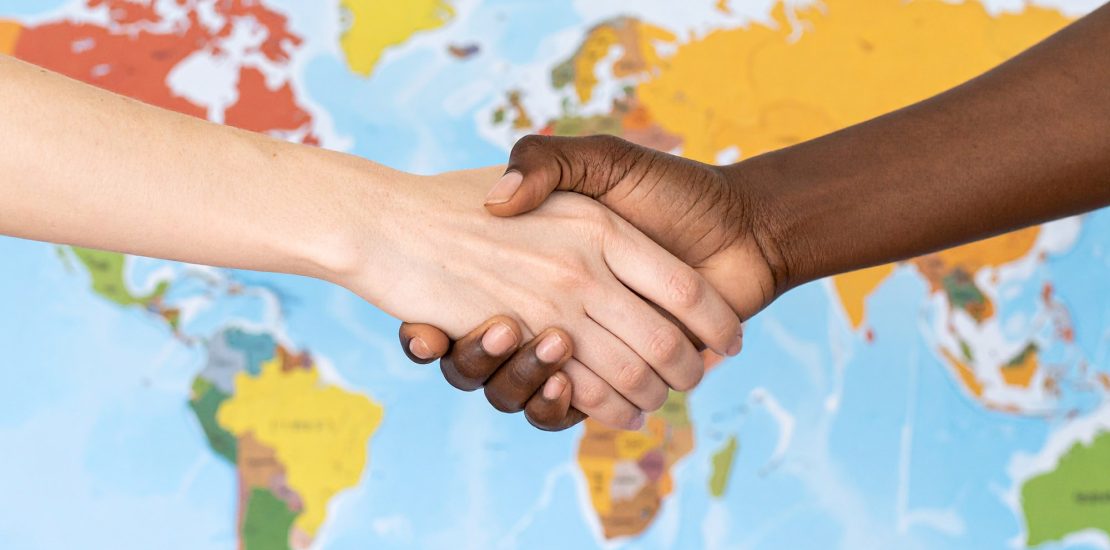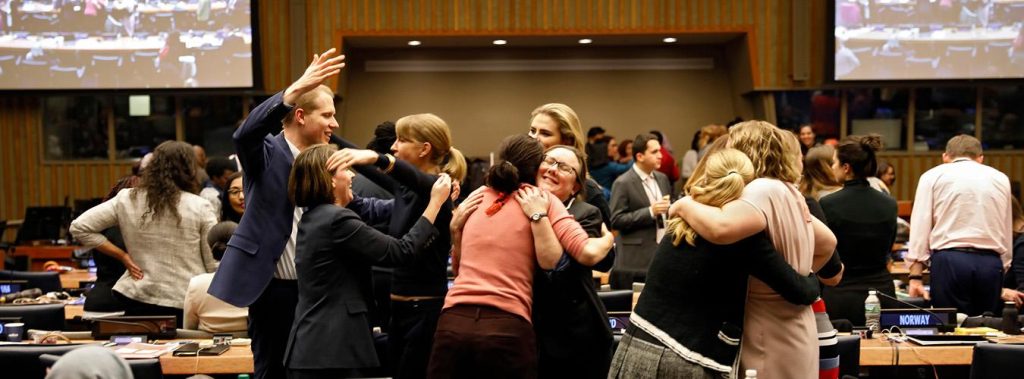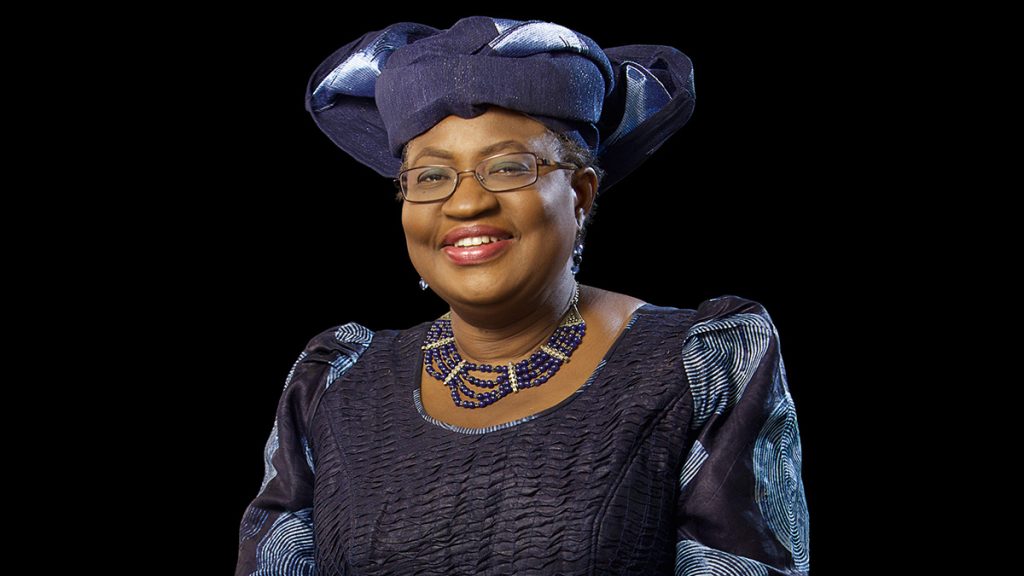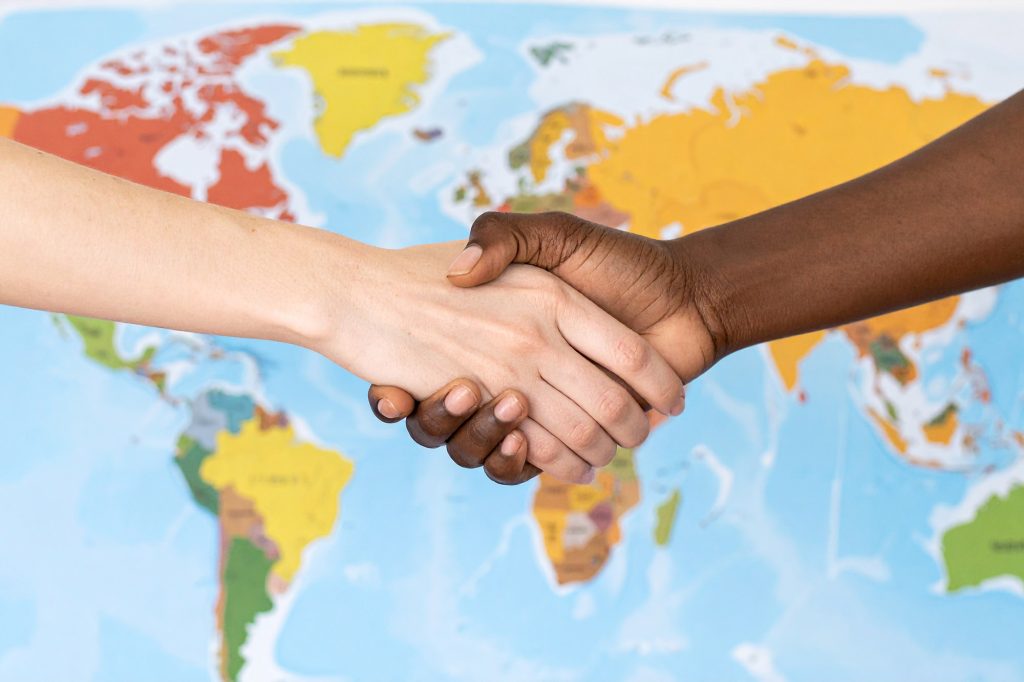Breaking Barriers Through Gender Mainstreaming in Global Diplomacy
- June 24, 2025
- Posted by: Hub Admin
- Categories: Article, Democratic Governance, Economic Development

By Jane Francis Anyanwu
As we commemorate the International Day of Women in Diplomacy, we are reminded of this year’s powerful theme: “Eliminating Structural Barriers to Women’s Leadership in Diplomacy.” This observance serves as both a celebration of women’s contributions to diplomatic excellence and a stark reminder of the systemic obstacles that continue to impede their full participation in shaping our global future. The day underscores the urgent need to dismantle the institutional, cultural, and organisational barriers that have historically relegated women to the periphery of diplomatic leadership.
Women represent half of the world’s population, yet they have historically been underrepresented in leadership roles in almost all continents. For years, women have faced societal pressures that often limit their choices between career advancement and traditional roles such as marriage. Many women, succumbing to these expectations, prioritise familial commitments over professional aspirations. This dynamic not only restricts individual potential but also hinders the progress of society as a whole. Local and international frameworks have paved the way for women’s inclusion, yet the field of diplomacy continues to reflect deeply rooted gender disparities.

The International Day of Women in Diplomacy, observed annually on June 24th, provides a crucial platform to examine these persistent inequalities and recommit to creating pathways for women’s leadership in diplomatic spheres. The day’s emphasis on eliminating structural barriers aligns perfectly with the broader goal of gender mainstreaming in diplomacy, recognising that true progress requires systematic change rather than tokenistic representation.
Current Gaps in Diplomatic Practices: Structural Barriers in Focus
In Nigeria, while women are no longer formally excluded from diplomatic roles, their perspectives are still often marginalised or overlooked in high-stakes negotiations and decision-making processes, where their contributions could enhance the inclusivity and effectiveness of diplomatic outcomes. Their involvement in significant national and international discussions is often restricted, particularly regarding so-called “hard” security issues like military tactics and economic sanctions. This exclusion hinders the possibility of adopting more comprehensive strategies for conflict resolution and peacebuilding.
These limitations exemplify the structural barriers that the International Day of Women in Diplomacy seeks to address. Such barriers manifest in multiple forms: informal networks that exclude women, promotion criteria that inadvertently favour traditional male career paths, and institutional cultures that undervalue collaborative leadership styles often associated with women. The glass ceiling in diplomatic leadership positions remains remarkably resilient, with women frequently relegated to roles perceived as “softer” diplomatic functions while being systematically excluded from high-level strategic decision-making.
One of the most significant gaps in diplomacy is the absence of comprehensive gender-sensitive policies within national and international organisations. The lack of training in international human rights and humanitarian law, specifically from a gender perspective, further compounds this issue. Diplomats often lack the skills needed to navigate the complexities of gendered experiences in conflict zones, peacebuilding processes, and humanitarian interventions. Without gender-sensitive approaches, key aspects of human rights protections, especially for women, children, and other vulnerable populations, remain overlooked, weakening the broader goals of peace and security.
Additionally, while gender mainstreaming has been promoted through initiatives such as United Nations Security Council Resolution (UNSCR) 1325, the practical implementation of these frameworks remains inconsistent. The under-representation of women in diplomatic positions is a clear barrier to empowerment. This under-representation not only limits the inclusion of diverse perspectives in diplomacy but also perpetuates the structural inequalities that have long characterised the field. Without more women actively participating in diplomatic roles, it becomes challenging to create truly inclusive and equitable policies.
The persistence of these gaps underscores why the International Day of Women in Diplomacy’s focus on eliminating structural barriers is so timely and necessary. These barriers are not merely individual challenges but systemic issues that require comprehensive institutional reform.
Benefits of Gender Mainstreaming: Breaking Barriers for Global Progress
Integrating gender mainstreaming into diplomacy offers numerous benefits that extend beyond equitable representation. A more inclusive diplomatic process fosters diverse perspectives that result in more effective and sustainable policy decisions, particularly in conflict resolution, peacebuilding, and international negotiations.

The International Day of Women in Diplomacy reminds us that when structural barriers are eliminated, the benefits extend far beyond individual advancement. Countries and organisations that have successfully dismantled these barriers report significant improvements in diplomatic effectiveness, innovation in policy solutions, and enhanced international reputation.
One significant benefit of gender mainstreaming is the increased diversity of thought and experience. Women’s perspectives, particularly on issues such as peace and security, can offer alternative solutions that are often overlooked in traditional, male-dominated spaces. The inclusion of women in diplomacy also promotes more comprehensive peace agreements as research has shown that peace agreements and processes involving women are more likely to result in agreements that are not only reached but also maintained over the long term. Gender-sensitive approaches ensure that the needs of all sectors of society, particularly those most vulnerable, such as women and children, are addressed. This leads to more sustainable outcomes in national and international relations and conflict resolution.
When structural barriers to women’s leadership are removed, diplomatic institutions benefit from enhanced credibility and legitimacy. Women leaders often bring collaborative approaches that can bridge divides and find common ground in complex negotiations. Their inclusion signals to international partners a commitment to modern, inclusive governance that resonates with contemporary global values.
Steps to Promote Gender Mainstreaming in Diplomacy: Eliminating Barriers Through Action
In alignment with the International Day of Women in Diplomacy’s theme of eliminating structural barriers, the following comprehensive approach is essential:
1. Address Structural and Organisational Barriers: Systematic Reform
Addressing the organisational and societal barriers to women’s full participation in diplomacy requires both institutional reforms and policy interventions. Nigeria and international organisations should implement quota systems or affirmative action policies that ensure a minimum level of female representation in high-level diplomatic roles. This goes beyond numerical targets to include restructuring promotion pathways, eliminating bias in performance evaluations, and creating mentorship programmes specifically designed to support women’s advancement to leadership positions.
The International Day of Women in Diplomacy calls for examining and reforming institutional cultures that may inadvertently disadvantage women. This includes reviewing recruitment practices, ensuring work-life balance policies that don’t penalise career advancement, and creating safe reporting mechanisms for discrimination and harassment.
2. Capacity Building: Empowering Through Education and Training
Implementing gender-sensitive training in diplomatic education is one of the key solutions. This training should emphasise human rights law and international humanitarian law with a gendered perspective, also equipping diplomats with the skills to recognise and address the specific needs of women and vulnerable groups in conflict and peacebuilding settings, the efficacy of diplomatic efforts will improve.
Training programmes should also focus on eliminating unconscious bias, promoting inclusive leadership styles, and developing cultural competency that recognises the value of diverse perspectives. Leadership development programs specifically targeting women diplomats can help build the pipeline for future senior positions.
3. Identifying and Dismantling Root Causes
Identifying the root causes of gender inequality in diplomacy while recognising the representation gap and understanding the structural barriers that contribute to it allows policymakers to draft frameworks and policies that proffer the best solutions, such as organisational reforms, gender quotas, and mandatory gender-sensitive policies in diplomatic initiatives.
The International Day of Women in Diplomacy emphasises the importance of conducting comprehensive audits of existing systems to identify where barriers exist. This includes analysing career progression data, examining the gender composition of decision-making bodies, and assessing whether current policies inadvertently create obstacles for women’s advancement.
4. Strengthen Accountability Mechanisms: Ensuring Sustainable Change
This will ensure that gender integration policies are not only adopted but also enforced. By regular reviews of gender balance in diplomatic roles, as well as transparent reporting on efforts to integrate women into decision-making processes at all levels.
Accountability mechanisms should include regular reporting on progress toward eliminating structural barriers, consequences for institutions that fail to meet diversity targets, and recognition programs for organisations that excel in promoting women’s leadership. The International Day of Women in Diplomacy serves as an annual checkpoint for assessing progress and recommitting to these goals.
Conclusion: A Future Without Barriers
Integrating gender perspectives in diplomacy is essential for building more inclusive, fair, and effective relationships between nations. Research frequently shows that a gender-sensitive approach significantly benefits peacebuilding, conflict resolution, and policymaking. It is not just about equality; ensuring women’s voices are heard and valued directly improves the quality and long-term success of diplomatic efforts.

As we reflect on the International Day of Women in Diplomacy and its theme of eliminating structural barriers to women’s leadership, we must recognise that this is not merely an aspirational goal but an urgent necessity. The challenges facing our interconnected world require the full spectrum of human talent and perspective. By systematically dismantling the barriers that have historically excluded women from diplomatic leadership, we create space for more innovative, inclusive, and effective international relations.
To achieve this, nations need to take concrete steps: implement gender-sensitive training, address existing national and organisational barriers, identify the root causes of gender inequality, and strengthen accountability mechanisms. The International Day of Women in Diplomacy reminds us that progress requires continuous commitment, not just annual recognition.
Ultimately, integrating gender perspectives into diplomacy isn’t optional; it’s essential for achieving lasting peace and security worldwide. By actively empowering women in diplomatic roles through policy reforms, training programmes, and the incorporation of their perspectives, we can create an international system that truly reflects our diverse global community. The elimination of structural barriers to women’s leadership in diplomacy is not just about fairness—it’s about effectiveness, legitimacy, and the future of international cooperation.
The path forward requires courage to challenge existing systems, wisdom to implement sustainable reforms, and persistence to ensure that the structural barriers of today do not become the limitations of tomorrow. As we honour the International Day of Women in Diplomacy, let us commit to making this vision a reality.
